Amy Coney Barrett and Joe Biden: Catholicism and politics in 2020
With the rise of Biden and Barrett, Catholicism has gone from from stigmatized to desirable when it comes to politics.
Photo by Jackson Nealis
Barrett (right) and Biden (left) are both Catholics, and they’ve risen to the highest level of their respective branches of government.
November 30, 2020
The year is 1928. Households across the country turn on their radios to listen to Democratic presidential candidate Al Smith give the first broadcasted concession speech to Herbert Hoover.
What Smith was thinking about on that disappointing night is a mystery, but one thing must have surely been weighing down on him: he was the first Catholic nominee for a major party, and his faith dragged him down to a landslide defeat.
But today, that same faith that led Smith to defeat has found itself present in a majority of the members of the Supreme Court and in our newly elected Catholic president, Joe Biden. So, what changed? How did Catholicism go from being stigmatized to one of the most powerful qualities a politician can have in 2020?
The history of the United States is ripe with discrimination against Catholics. Every one of the 13 colonies had restrictions on the rights of Catholics— Georgia even banned Catholics from living there. That all changed with the ratification of the US Constitution, which forbade the use of a religious test on government employees. Still, Catholics largely remained a minority in the political sphere.
The citizens of the several states were dismayed that the new government did not have the restrictions on Catholics that they were used to, fearing that religious politicians would be more loyal to the Pope and the papacy than the American people. Al Smith, the presidential nominee from 1928, was accused of wanting to build a tunnel from the White House to the Vatican. Anti-Catholic bias was pervasive in the American politics of the past.
Today couldn’t be more different. On November 3, 2020, America elected Joe Biden as president, marking the pinnacle of his long political career. A devout, Irish Catholic who was educated at a Catholic school, Biden was elected as one of the youngest senators in American history in 1972. Even after the tragic deaths of his first wife and infant daughter in a car crash and the death of his son to cancer, Biden maintained his faith.
When he jumped into the presidential campaign in 2020 after a long and distinguished career, he continued to preach Catholic values of love and decency. Despite his rise to power, the road to the White House was not easy for him because of his political and personal beliefs. His position on abortion is no exception.
The Catholic Church opposes abortion and expects its members to follow suit. While Biden himself is no exception, politically, he doesn’t believe in making laws to restrict reproductive rights. He recently changed his previously held position to support the Hyde Amendment (which allows the government to support abortion rights). These political positions, however, would cause controversy later in his campaign.
On October 29, 2019, Joe Biden approached the altar at St. Anthony Catholic Church in Florence, South Carolina, to receive the Holy Communion, but Father Robert Morey denied him the sacrament for his backing of the Hyde Amendment.
While many Catholics don’t agree with the Church’s doctrine on abortion, they would not have been denied solely on the basis of their views. No priest can view into the heart of the petitioner and see the sinner or the saint. Biden was denied because he is the most recognizable American Catholic, thus his views are very public.
That incident notwithstanding, Biden continued his run for the presidency this year. Unlike the other Catholic Democratic presidential nominees, Al Smith, John F. Kennedy, and John Kerry, Biden embraced his Catholicism, quoting bible verses Catholics hold dear and embracing Catholic values of respect and decency. His victory speech on November 7th quoted a Catholic hymn. When he is sworn in on January 20, 2021, as the 46th president, he will be the 2nd Catholic commander-in-chief of the United States.
“The dogma lives loudly within you”
Let’s turn away from the White House and into the Capitol Building for a moment. In 1857, the first Catholic Supreme Court Justice, Roger B. Taney, sat on the bench, charged with the task of delivering the Dred Scott decision on slavery, rendering that African Americans could never be citizens. He was the sole Catholic on the bench that day, and his decision didn’t help the Catholic cause.
Today, the bench has seven Catholic justices, none of whom were appointed in spite of their religion, but because of it.
Enter the seventh Catholic now on SCOTUS, Amy Coney Barrett. Barrett is a legal scholar, wife, and judge. She is the mother to seven children, two of whom were adopted from Haiti and one with Down syndrome.
Barrett has become noticed for her stances on many controversial issues. She is a dedicated Catholic, but her family’s association with the Christian group People of Praise is not something America will soon forget.
A notoriously tight-knit, fundamental Christian group, People of Praise believes in traditional gender roles for women and the rejection of homosexuality. These are extreme beliefs in the average American consciousness. As a “Handmaid” in the People of Praise (literally her official title in that group), concern bubbled over whether Barrett could differentiate her personal beliefs from her judicial decisions.
Concerns over this aspect of her beliefs boiled up to the surface when Coney Barrett was nominated to be a judge on the 7th Circuit Court of Appeals.
During Barrett’s circuit confirmation hearing, Senator Dianne Feinstein read Barrett’s work and knew the People of Praise were very influential in her life. She wasn’t convinced that those beliefs wouldn’t influence her judging. As Feinstein put it, “The dogma lives loudly within you, and that’s a concern.”
Many were outraged at Feinstein’s comment. Religion has always played a large role in the lives of Americans and many thought this was an unfair religious test placed on Barrett. In the end, it didn’t matter. Barrett was confirmed to both the 7th Circuit and the Supreme Court.
If the reader will allow me for a moment, I am a baptized Catholic. I can recognize the importance of communion and social issues to Catholics and the Church. But unlike the Catholics of the early United States, I cannot point to a time when I’ve been discriminated against because of my faith. Even so, it is impossible for me to ignore the gains Catholics have made in politics this year:
A Catholic President was elected in 2020.
A Catholic Supreme Court Justice joined six other Catholics on the highest court in the land.
Nancy Pelosi, the Catholic Speaker of the House, was re-elected to another two-year term as speaker.
Catholics have come a long way in our country’s politics. These Catholic men and women are charting the path for the future of Catholicism in government, and I believe it is important to see how this impacts the nation.
However, every religious and especially every Catholic public official needs to answer questions about where their faith ends and their political views begin. The Catholic Church is a powerful organization with some controversial beliefs, abortion being one of them. Asking questions about where faith ends and government begins is part of the American experiment.
Asking such questions is not anti-religious or anti-Catholic, but necessary to make our country better. Let’s reflect on Catholics and politics as this year comes to a close.

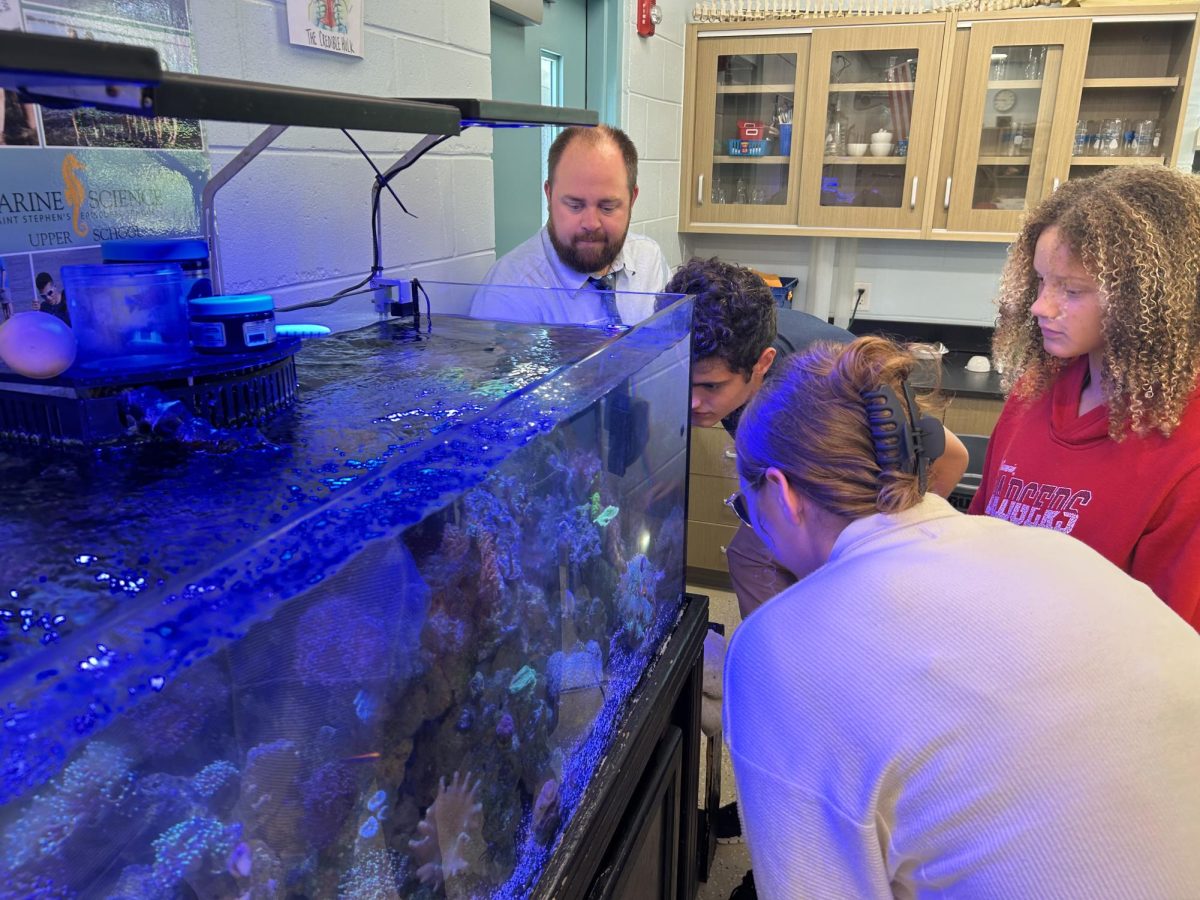

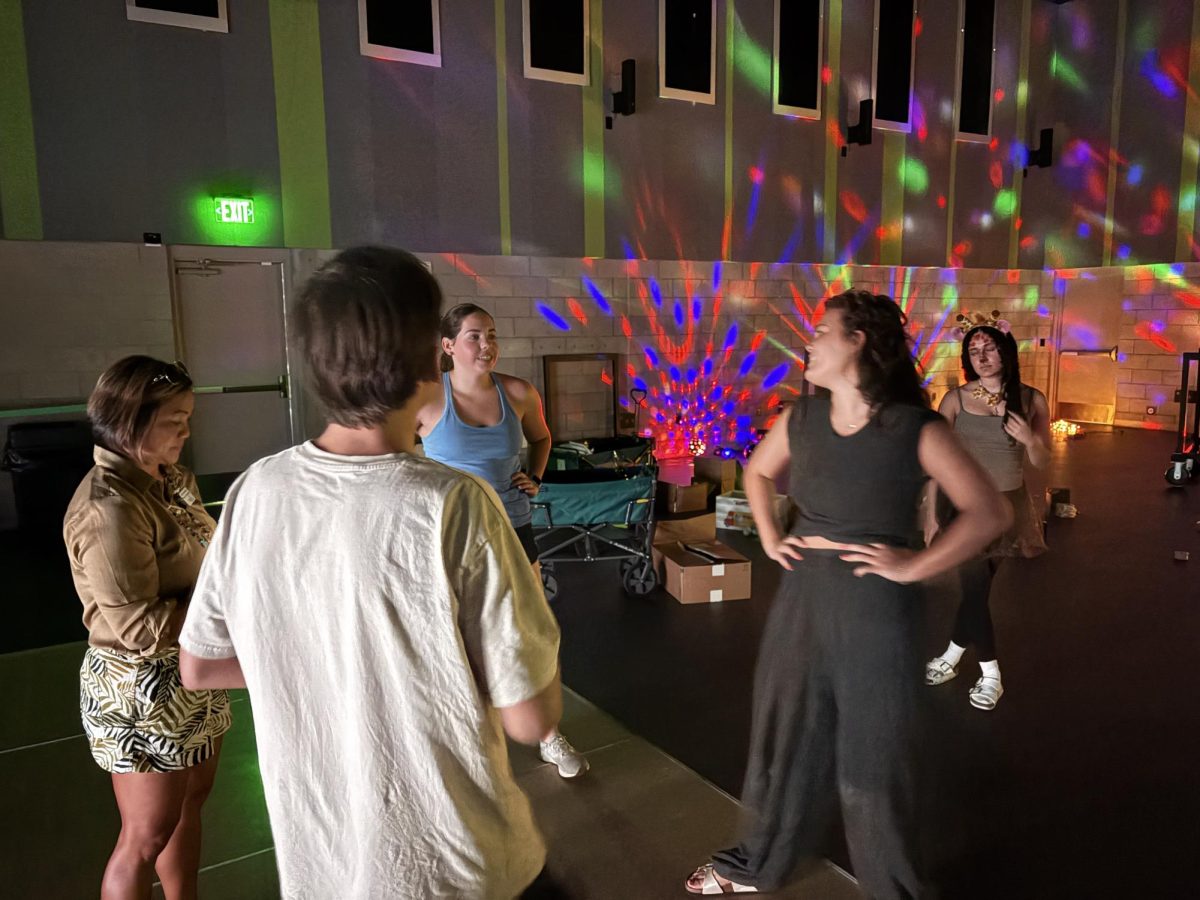


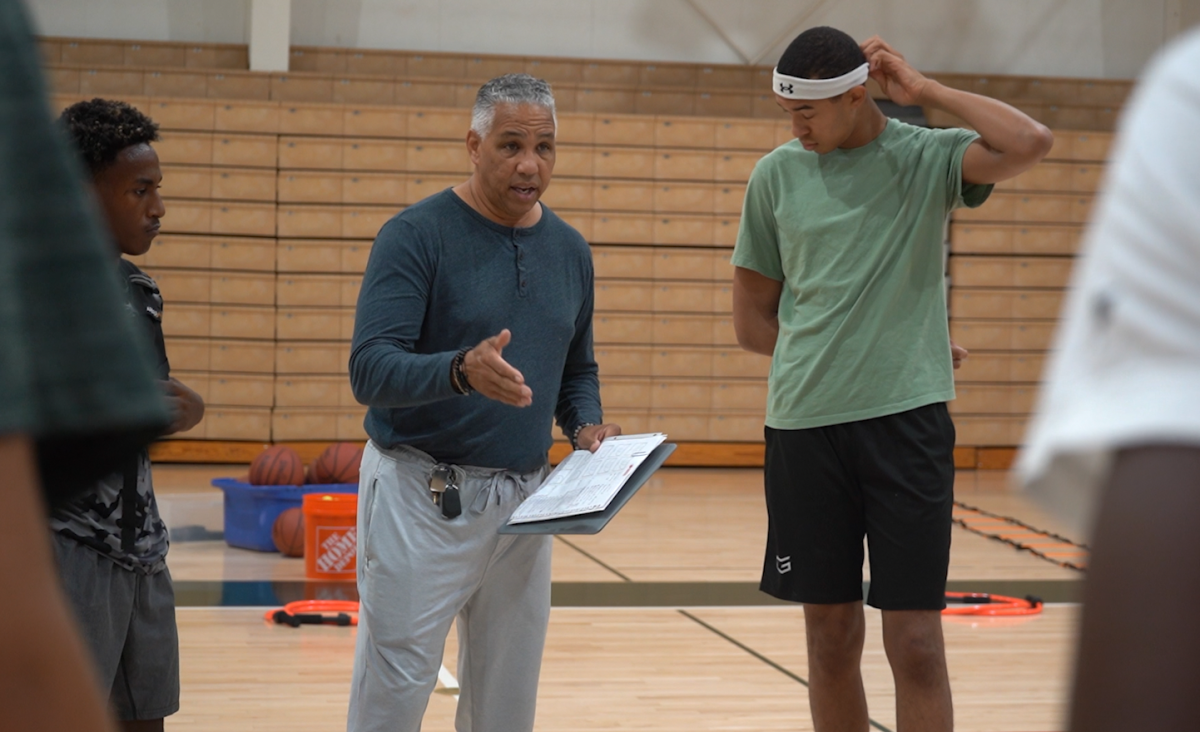
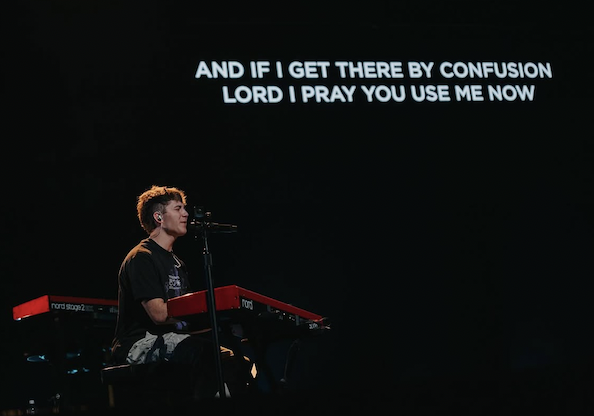


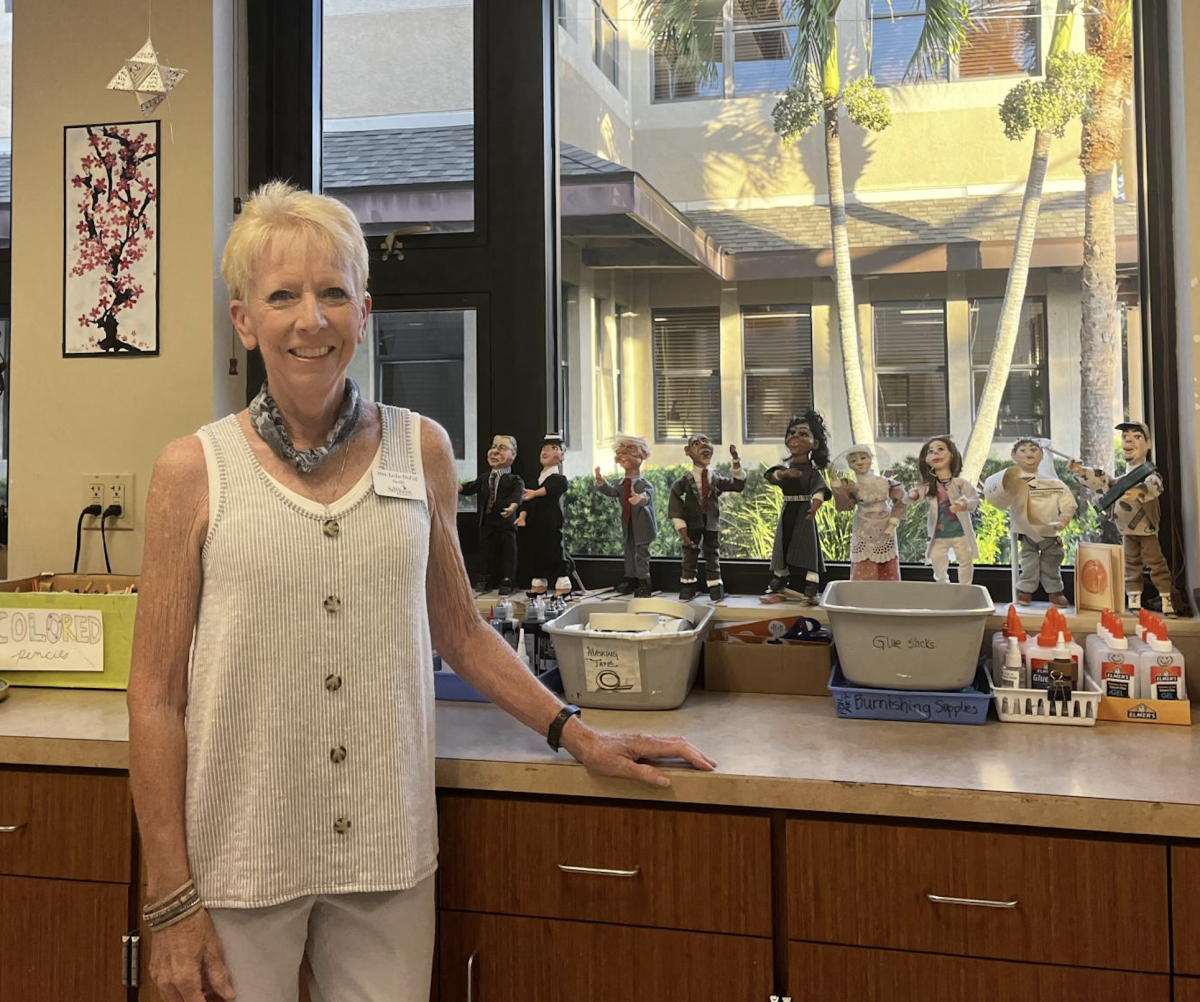
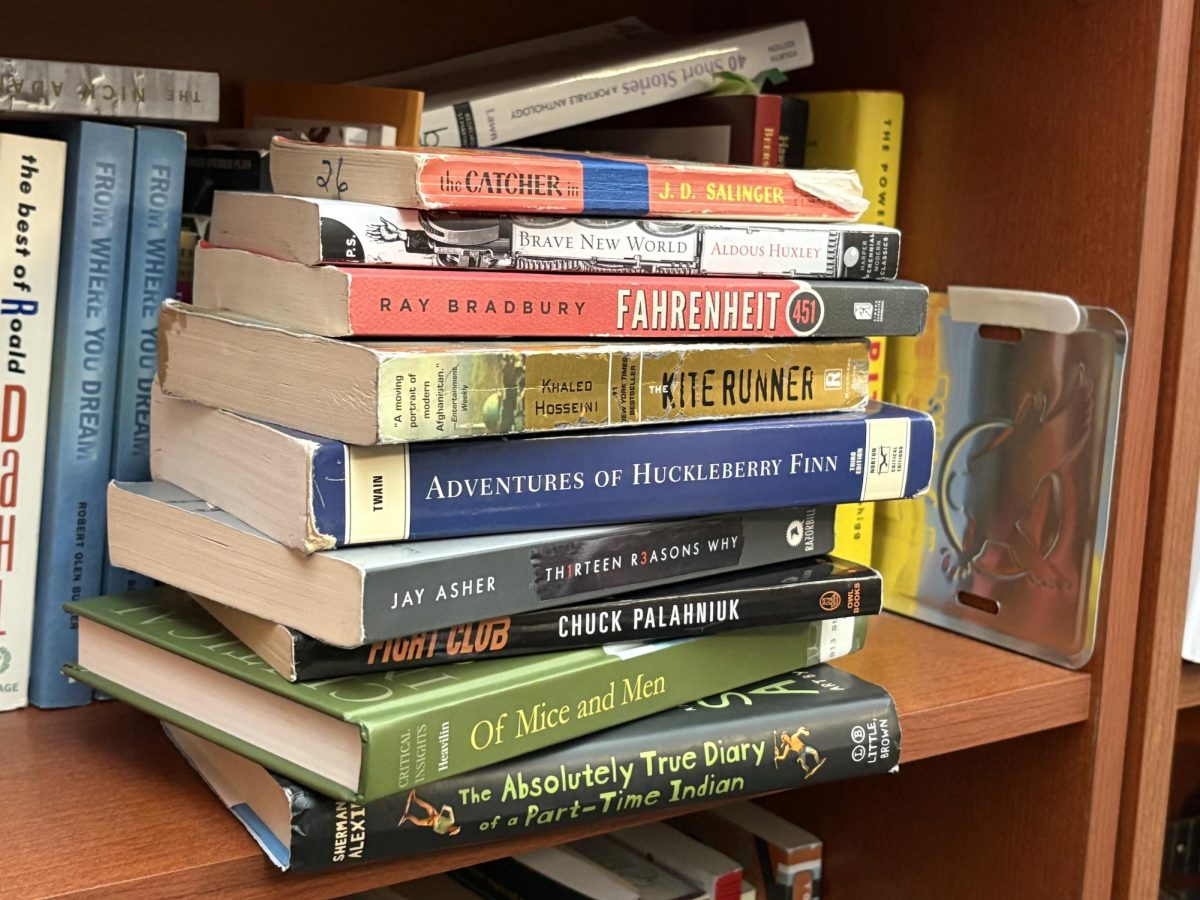
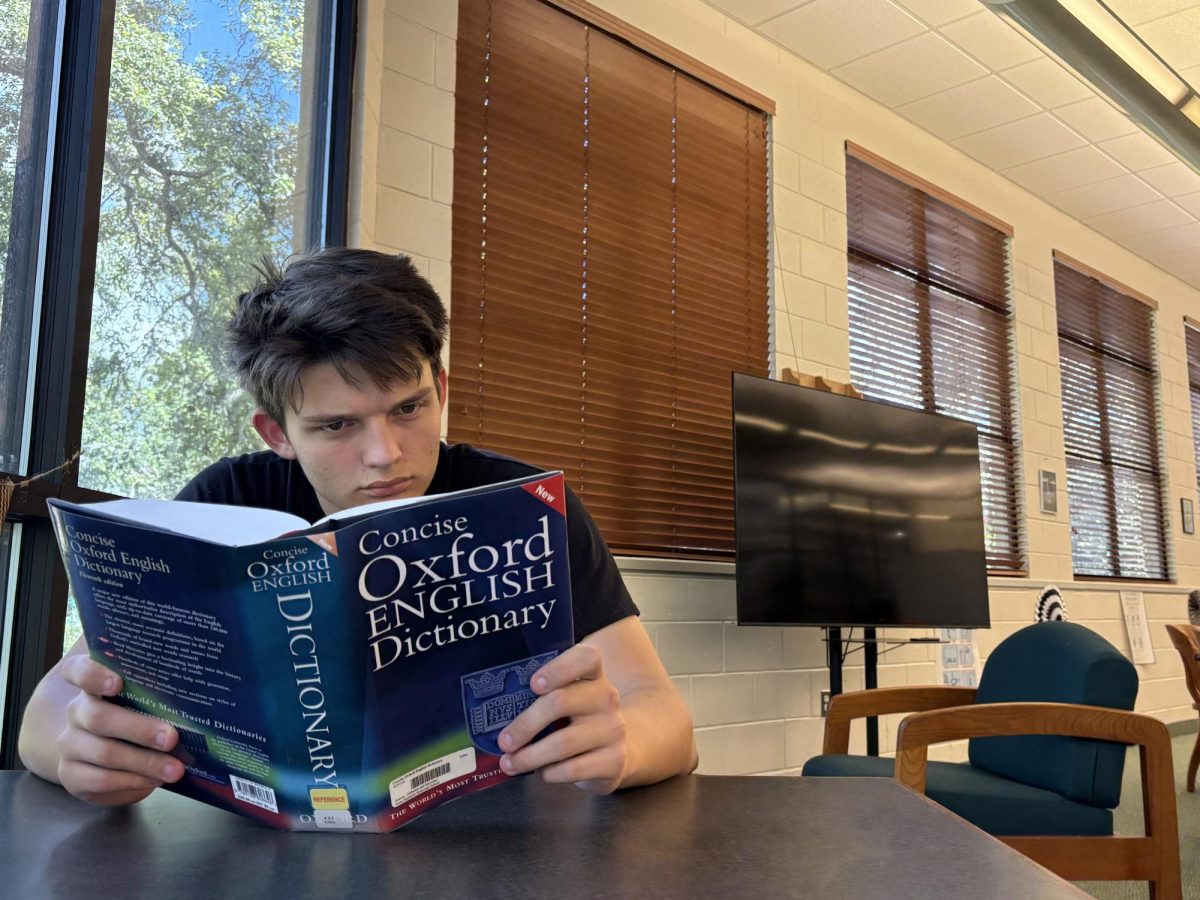

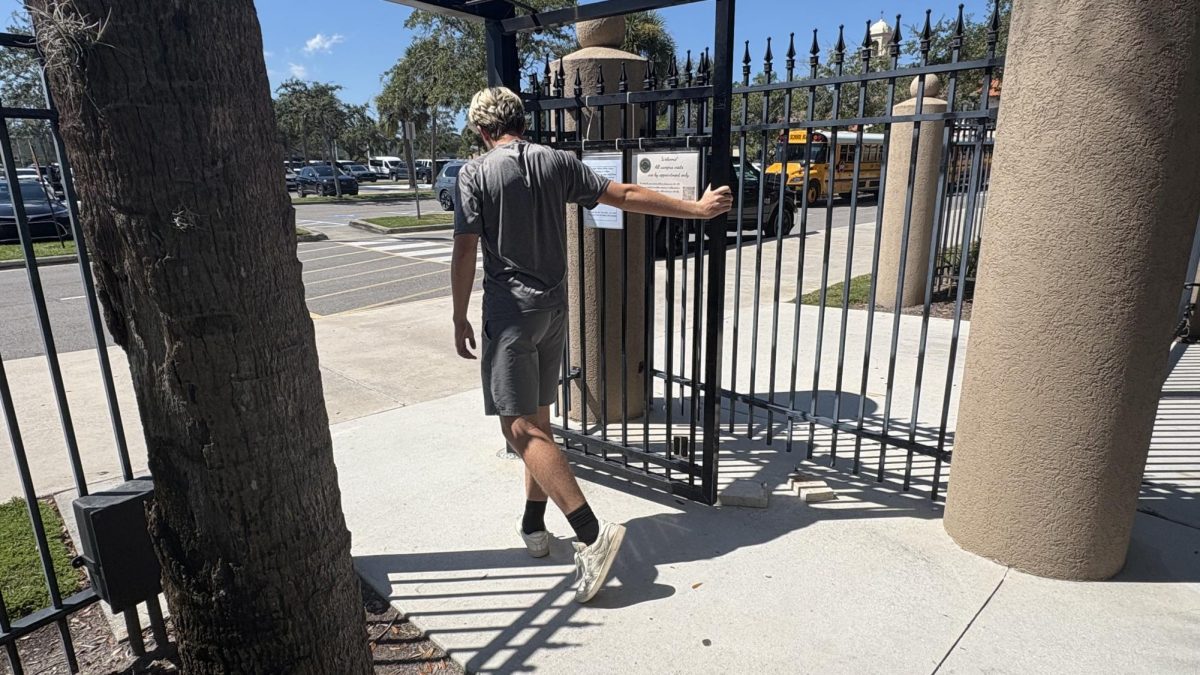


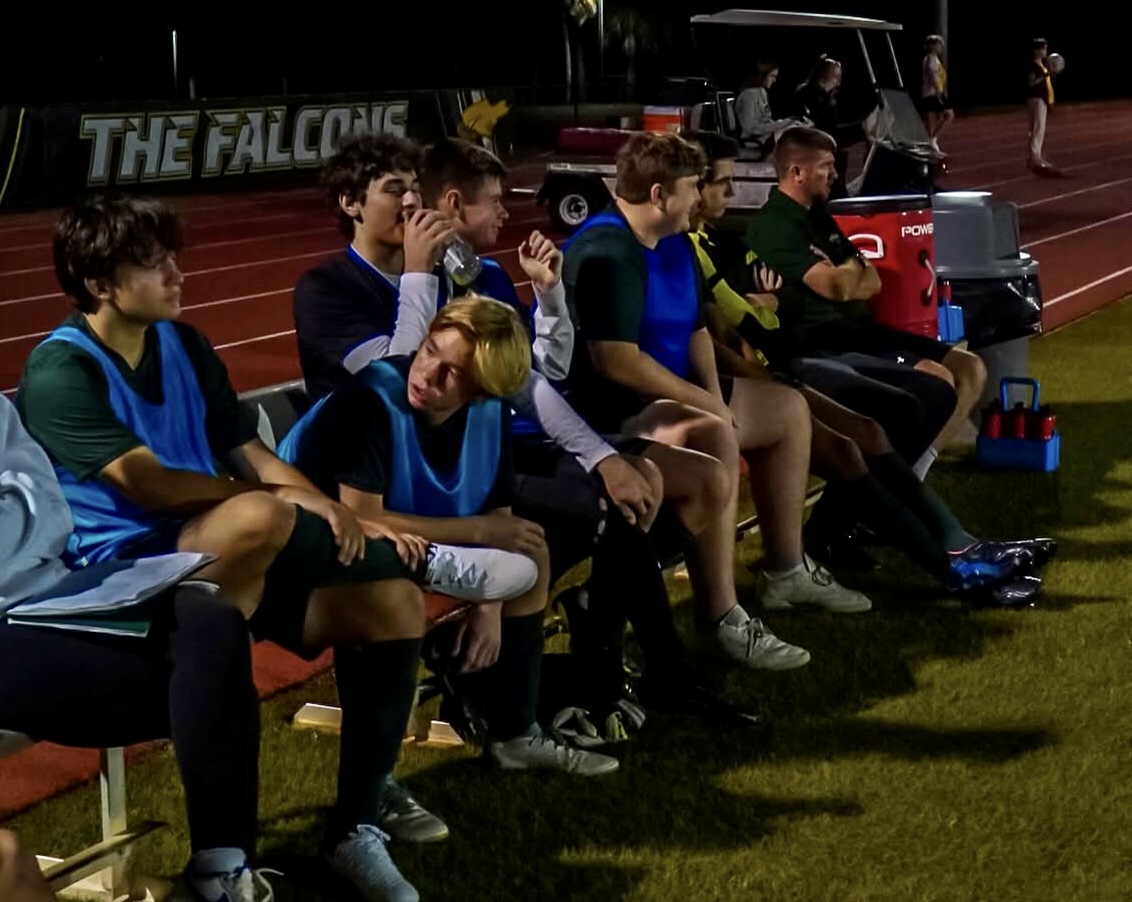
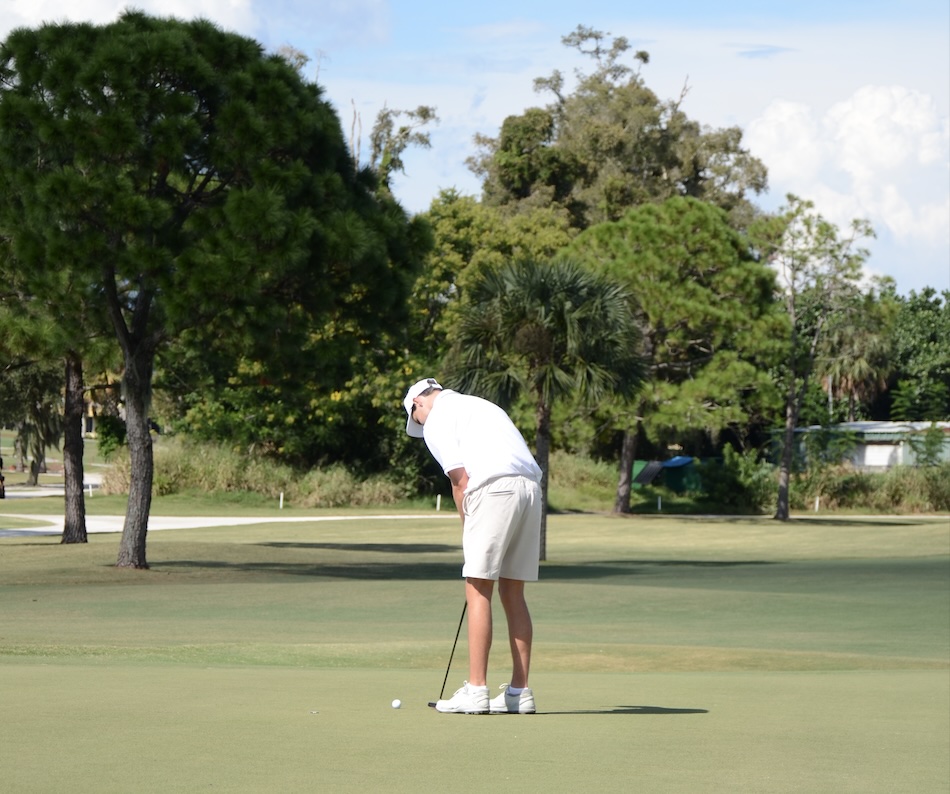
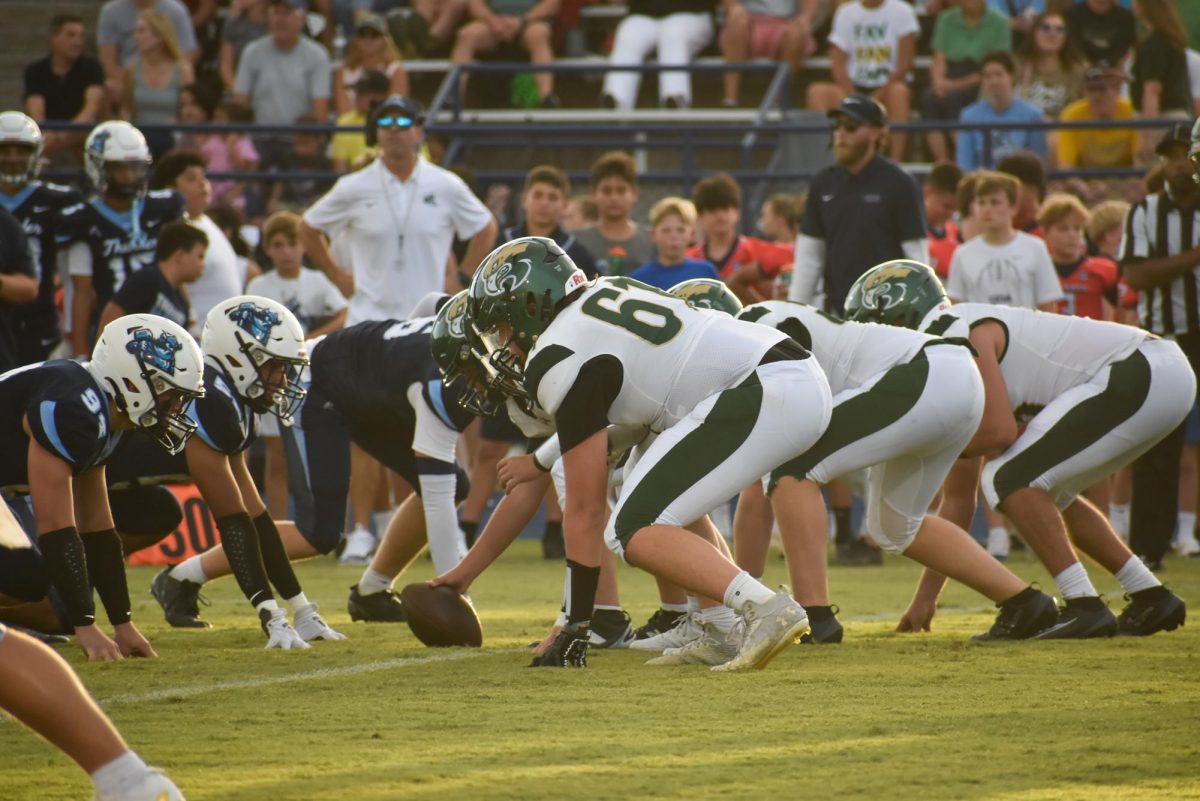
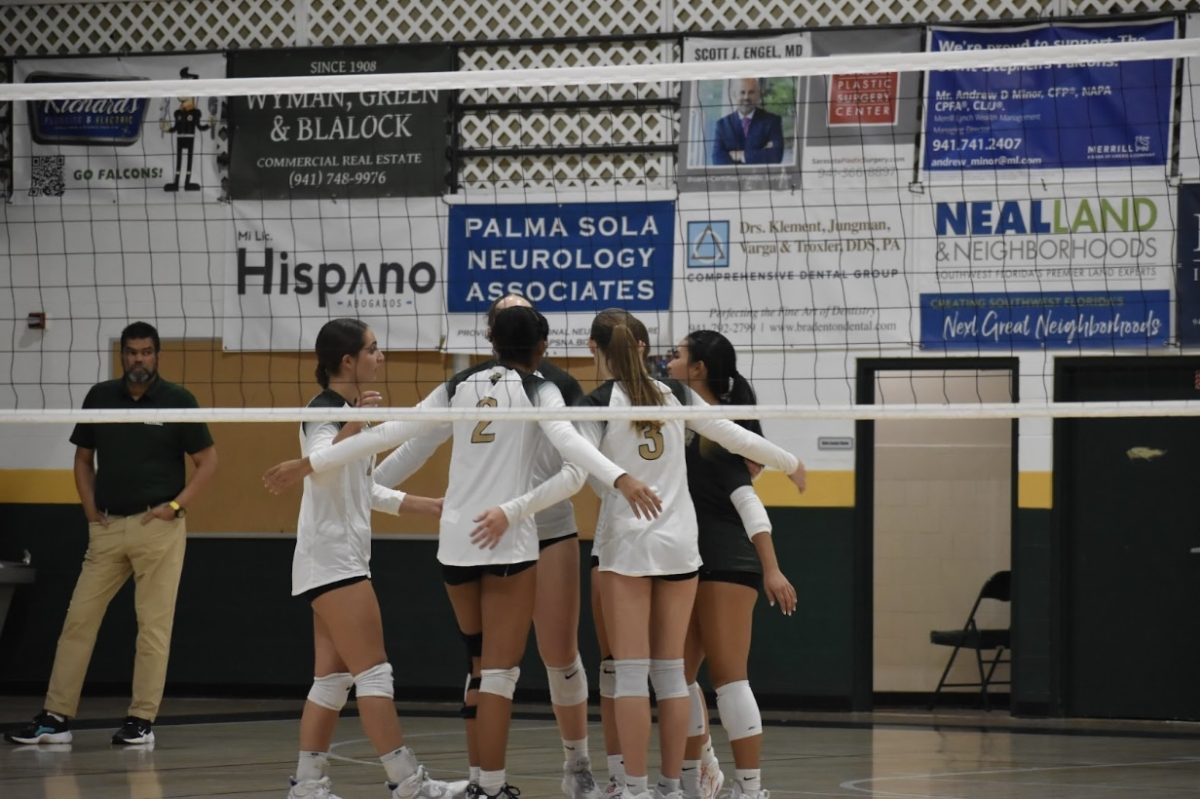
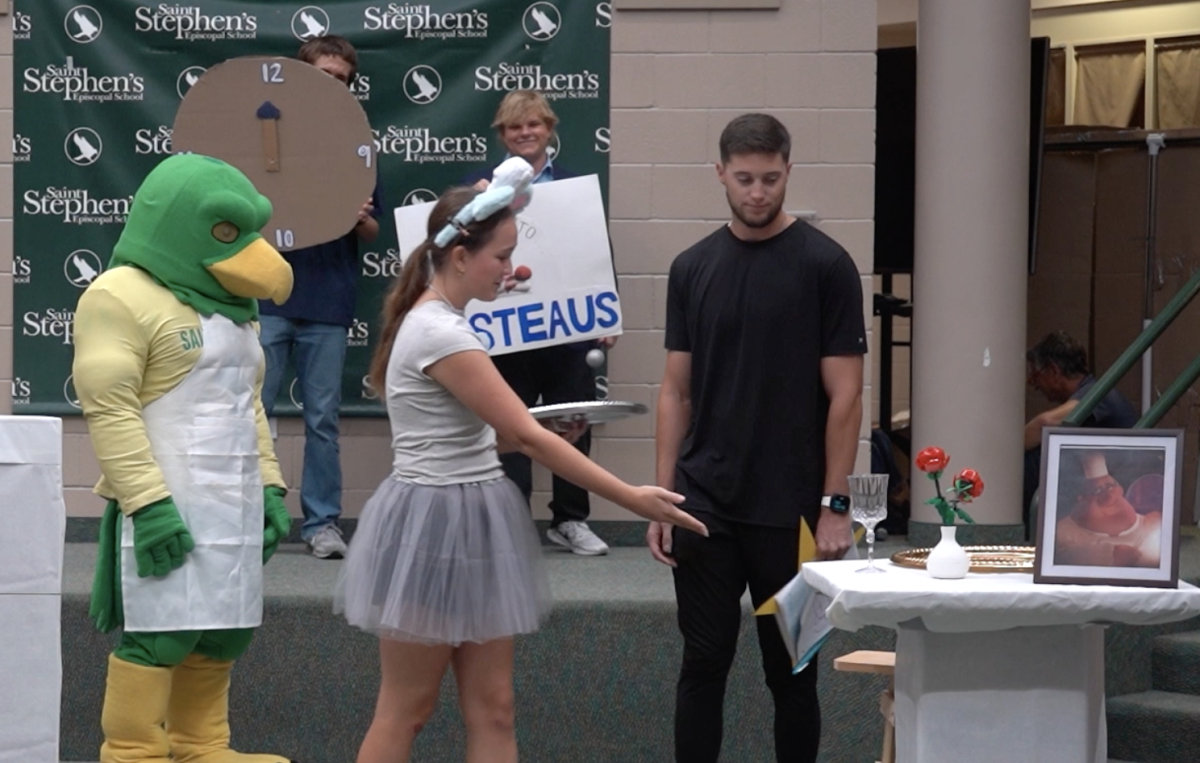
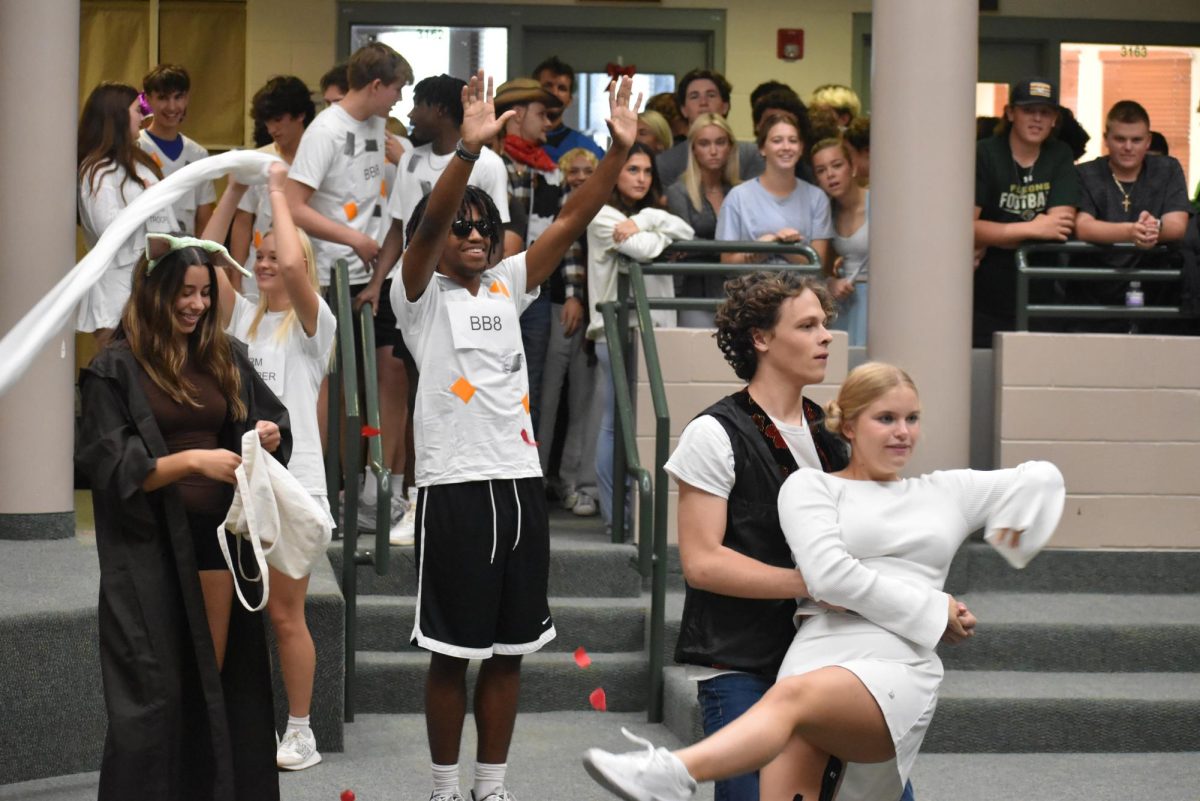

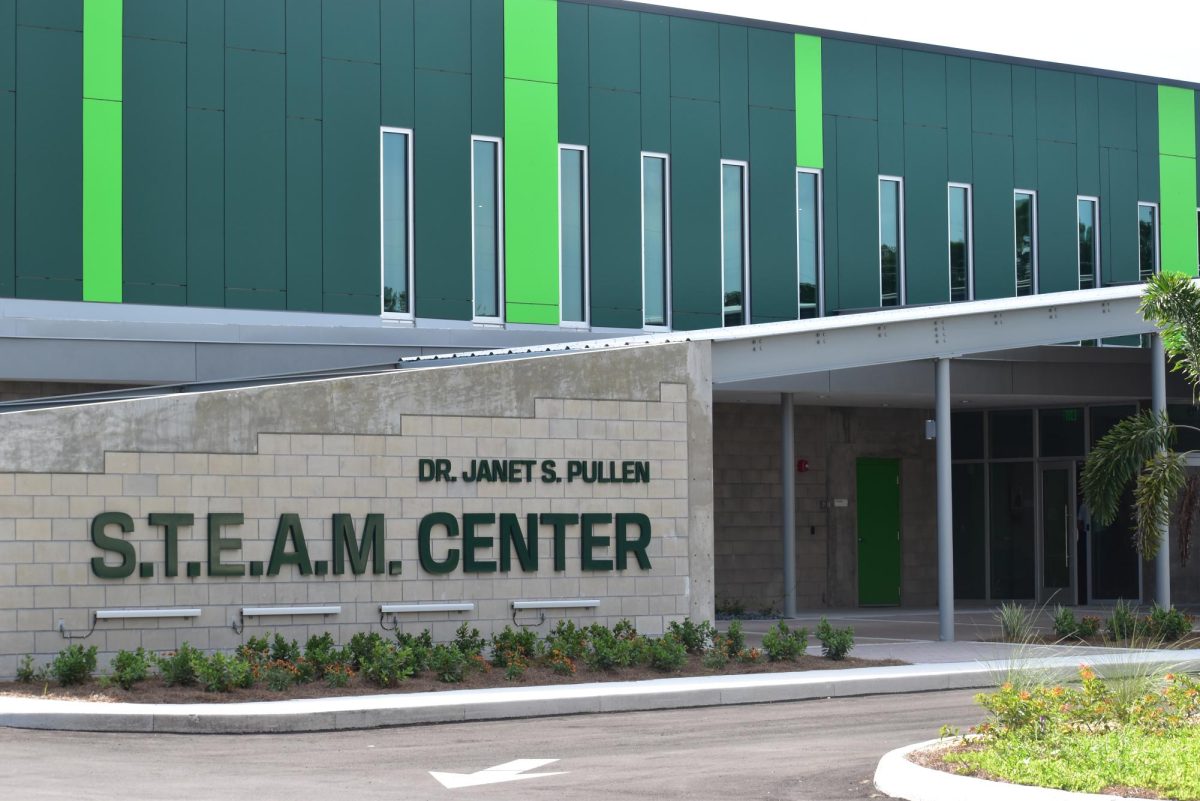
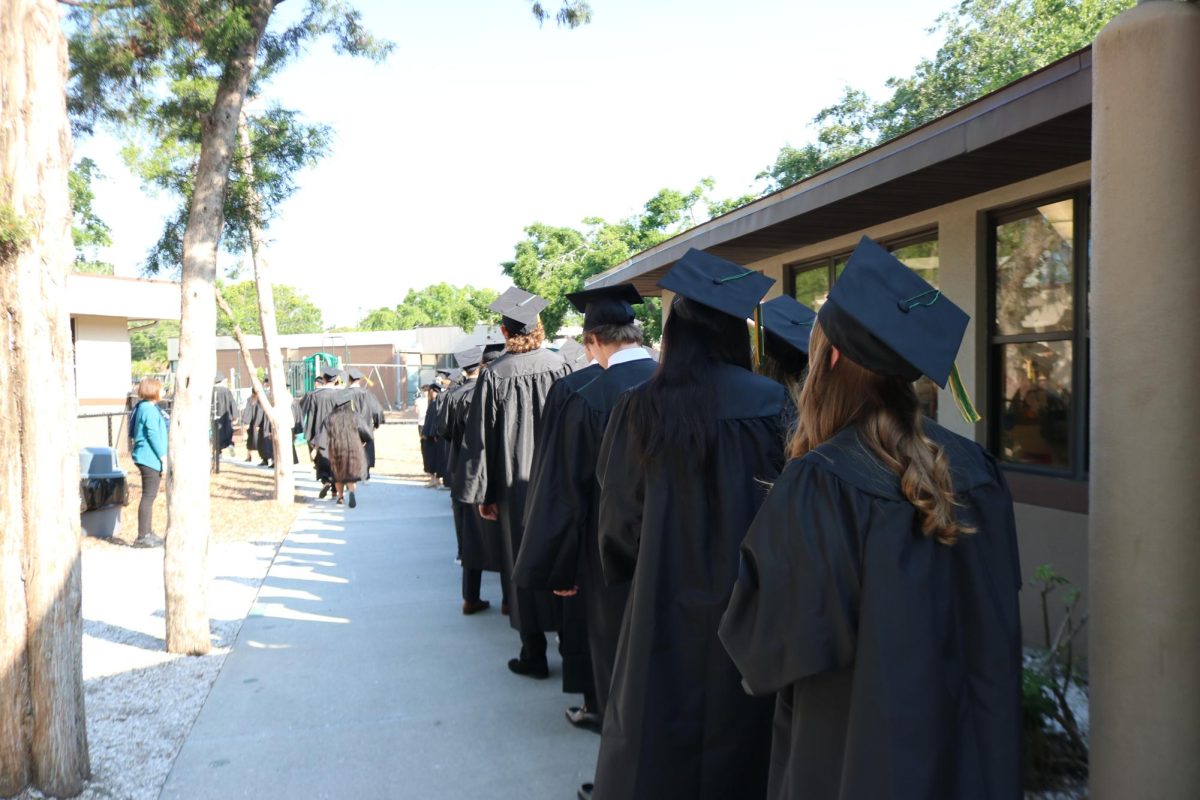






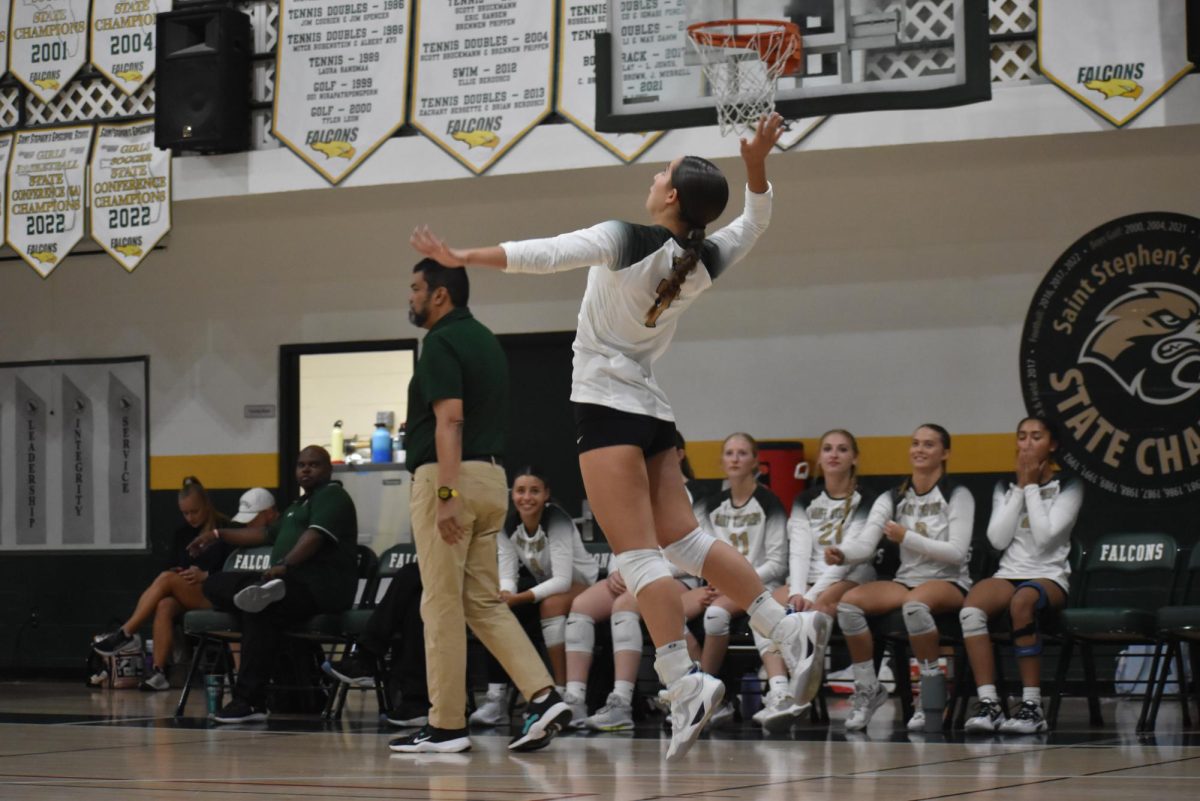



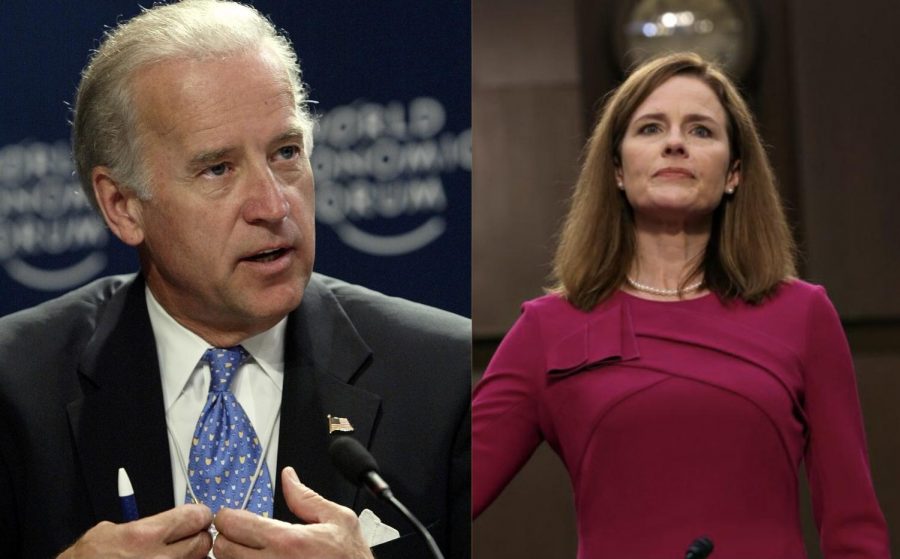

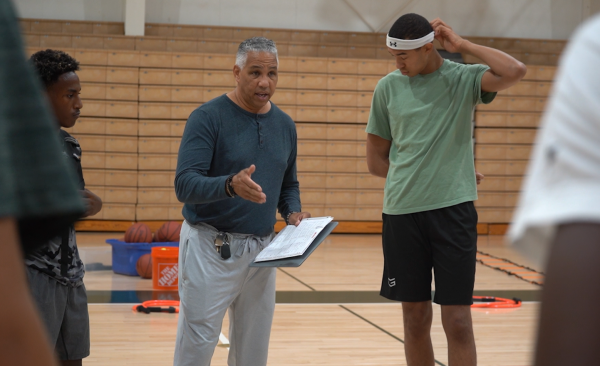

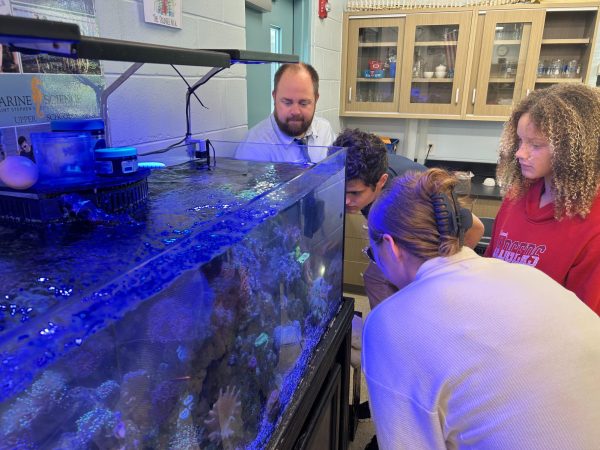

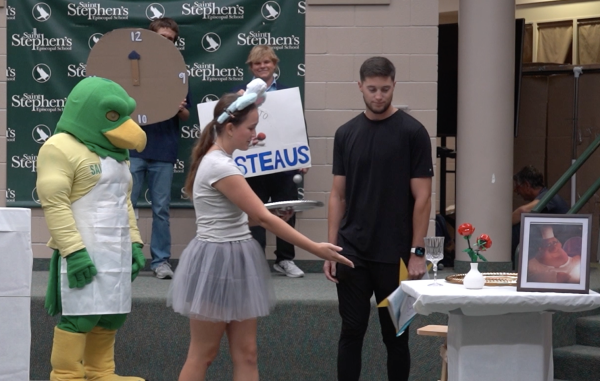
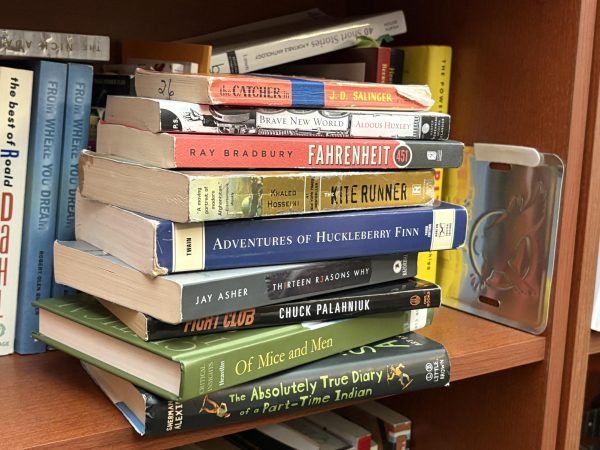
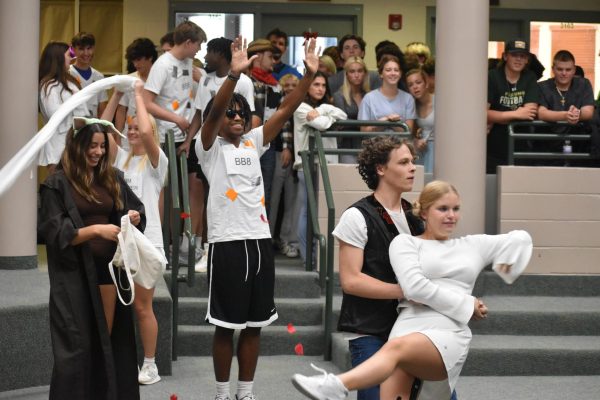
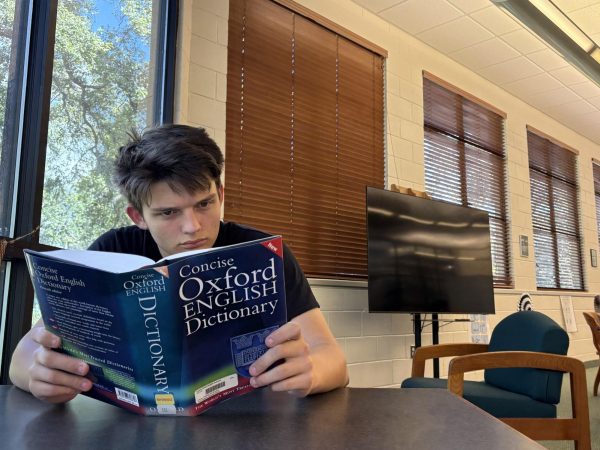
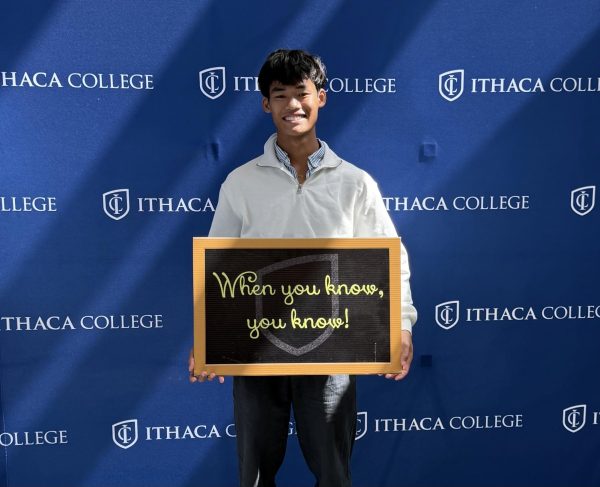
Sophia • Dec 1, 2020 at 10:07 pm
Great article Jackson. So nuanced <3